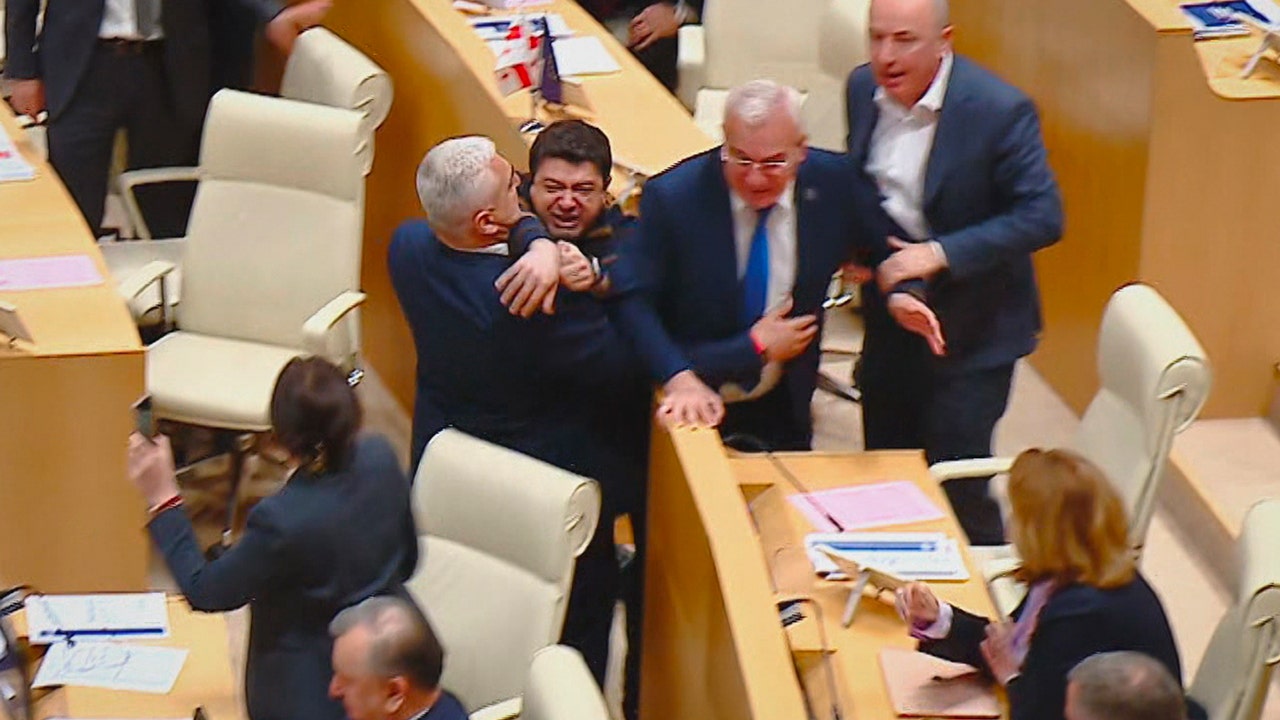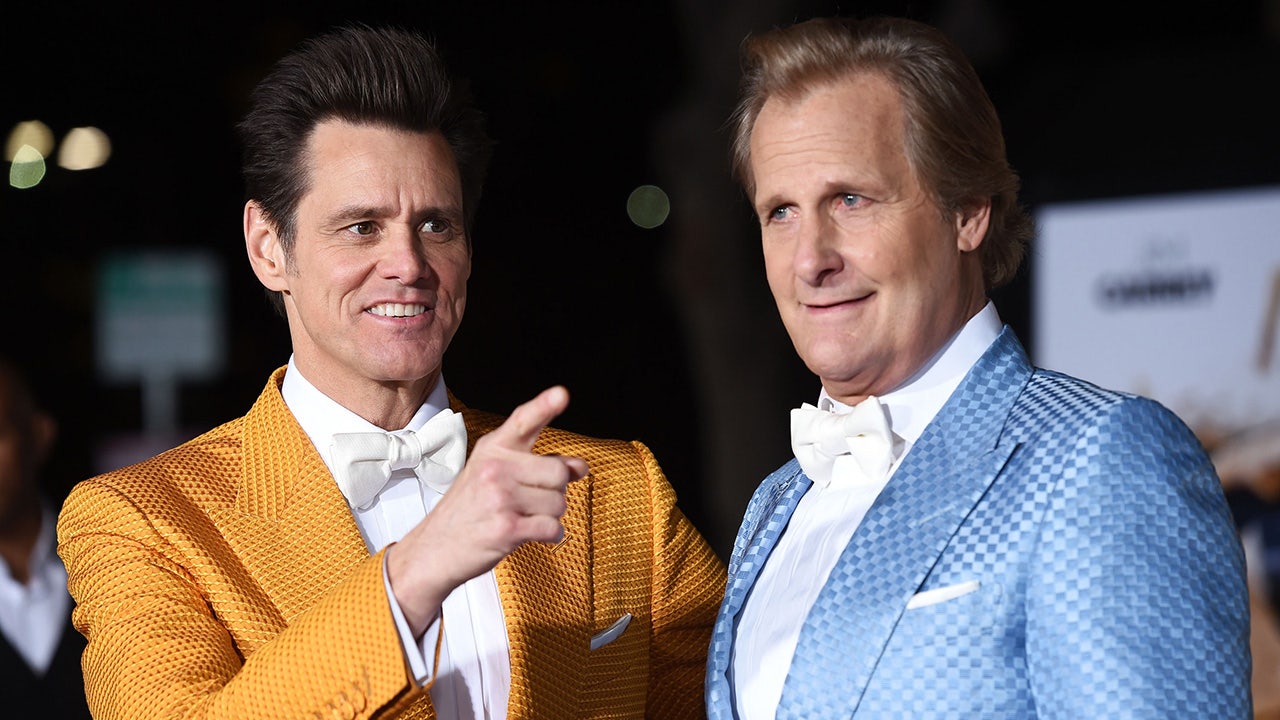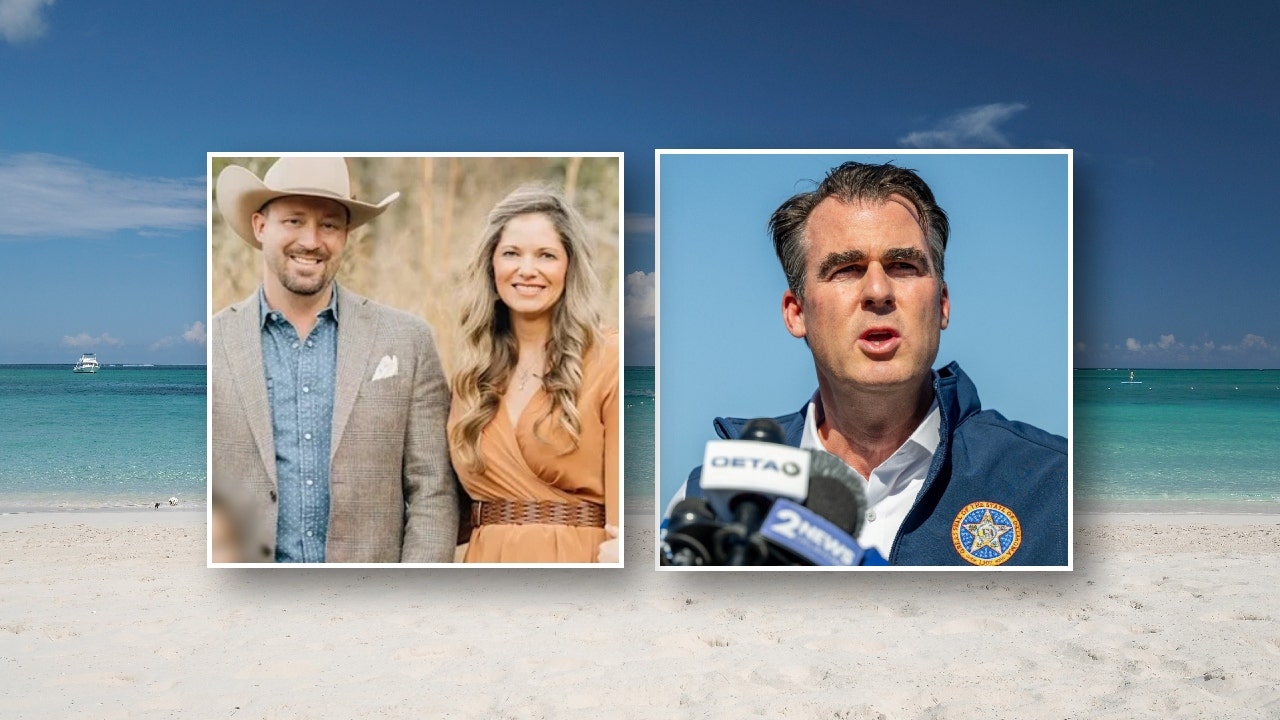The Georgian parliament on Tuesday approved in the third and final reading a divisive bill that sparked weeks of mass protests, with critics seeing it as a threat to democratic freedoms and the country’s aspirations to join the European Union.
The bill requires media and nongovernmental organizations and other nonprofits to register as “pursuing the interests of a foreign power” if they receive more than 20% of their funding from abroad.
The government says the bill is necessary to stem what it deems as harmful foreign influence over the country’s politics and to prevent unspecified foreign actors from trying to destabilize it.
GEORGIA POLICE ARREST DOZENS PROTESTING ‘RUSSIAN LAW’
The opposition has denounced the bill as “the Russian law,” because Moscow uses similar legislation to crack down on independent news media, nonprofits and activists critical of the Kremlin.
Mass protests against the law in recent weeks have swept the South Caucasus nation of 3.7 million.
European Council President Charles Michel on Tuesday spoke of Georgia in Copenhagen, at a conference on democracy, and said that “if they want to join the EU, they have to respect the fundamental principles of the rule of law and the democratic principles.”
This photo taken from video released by Mtavari Channel on May 14, 2024, shows Georgian lawmakers fighting during a parliament session in Tbilisi, Georgia. Georgian Dream MP Dimitry Samkharadze was seen charging toward Levan Khabeishvili, the chairman of the main opposition party United National Movement, after Khabeishvili accused him of organizing mobs to beat up opposition supporters. (Mtavari Channel via AP)
The bill is nearly identical to one that the governing Georgian Dream party was pressured to withdraw last year after street protests. Renewed demonstrations have rocked Georgia for weeks, with demonstrators scuffling with police, who used tear gas and water cannons to disperse the crowds.
Georgian President Salome Zourabichvili, who is increasingly at odds with the governing party, has vowed to veto the law, but Georgian Dream has a majority sufficient to override a presidential veto.
As the lawmakers began debating the bill on Tuesday, a large crowd of demonstrators gathered in front of the parliament to protest once again, with a heavy presence of riot police at the site. Over the weekend, thousands poured into the streets of the Georgian capital Tbilisi, and many stayed in front of the parliament until Monday morning.
Inside the parliament, the debate was interrupted by a brawl. Georgian Dream MP Dimitry Samkharadze was seen charging toward Levan Khabeishvili, the chairman of main opposition party United National Movement, after Khabeishvili accused him of organizing mobs to beat up opposition supporters.
In recent days, several protesters and opposition members have been beaten up. The opposition linked the incidents to the protests.
Another Georgian Dream lawmaker, Archil Talakvadze, accused in his speech on Tuesday “the radical and anti-national political opposition united by political vendetta” of using the protests for their own political purpose and “hoping for events to take a radical turn.”
“But nothing and nobody can stop the development of our country,” Talakvadze said.
Ana Tsitlidze, a member of the United National Movement, said the protests showed how unified Georgia was “in fighting for its European future,” adding that “today, saying no to the Russian law equals saying no to the Russian regime.”
After the debate, 84 lawmakers out of 116 attending Tuesday’s session voted in favor of the law, and 30 voted against. It will now be sent to Zourabichvili, the president, and she has 14 days to either veto or approve it.



